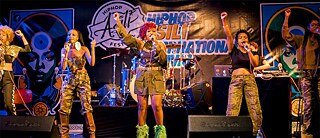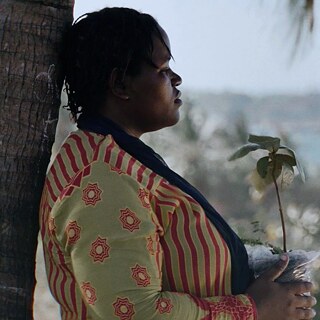

Learn German
Experienced Teaching ensures your success

Learn German from the market leader. We offer German language courses and exams in over 90 countries.

Experienced Teaching ensures your success

Learn German from the market leader. We offer German language courses and exams in over 90 countries.